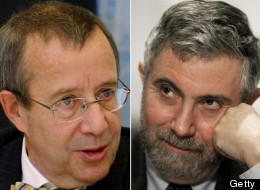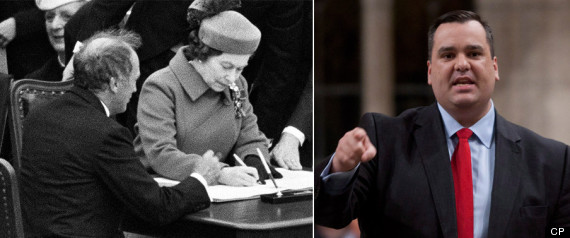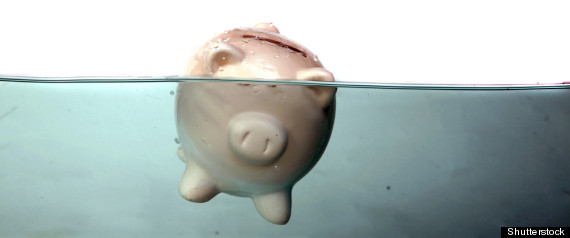A former Conservative MP and member of the National Round Table on
the Environment and the Economy is calling on Prime Minister Stephen
Harper to reconsider his "dumb" decision to kill the independent
advisory panel.
"Stephen Harper puts other priorities, I think, ahead of the environment and I think that's a mistake. Obviously, I wouldn't be here if I didn't really strongly believe that the Round Table was doing an excellent job," said Bob Mills, a former Alberta Conservative MP, at a press conference in Ottawa Thursday.
The shutting down of the NRTEE, along a multitude of other changes to environmental laws, is included in the omnibus budget implementation bill currently before Parliament.
"Stephen Harper puts other priorities, I think, ahead of the environment and I think that's a mistake. Obviously, I wouldn't be here if I didn't really strongly believe that the Round Table was doing an excellent job," said Bob Mills, a former Alberta Conservative MP, at a press conference in Ottawa Thursday.
The shutting down of the NRTEE, along a multitude of other changes to environmental laws, is included in the omnibus budget implementation bill currently before Parliament.























